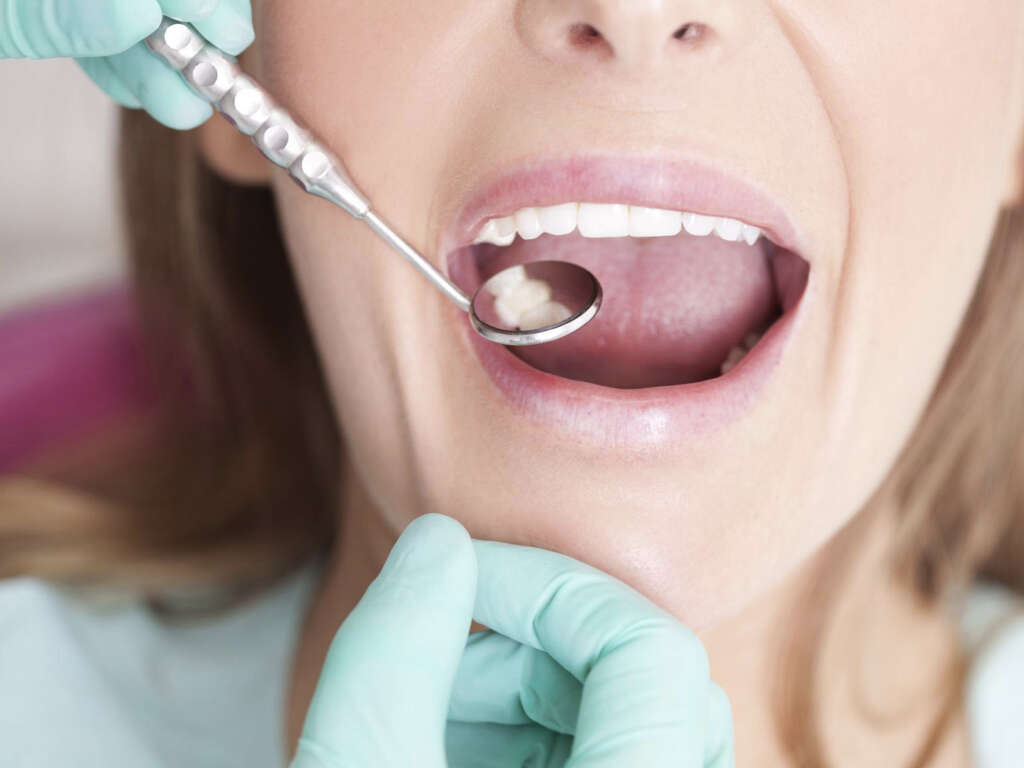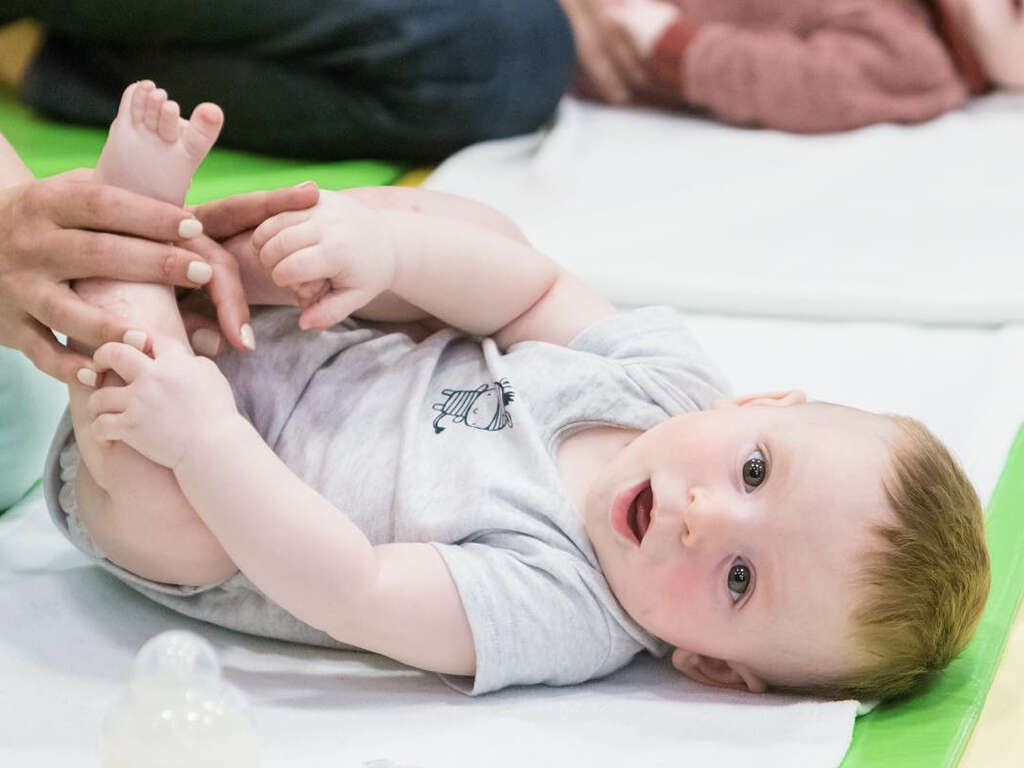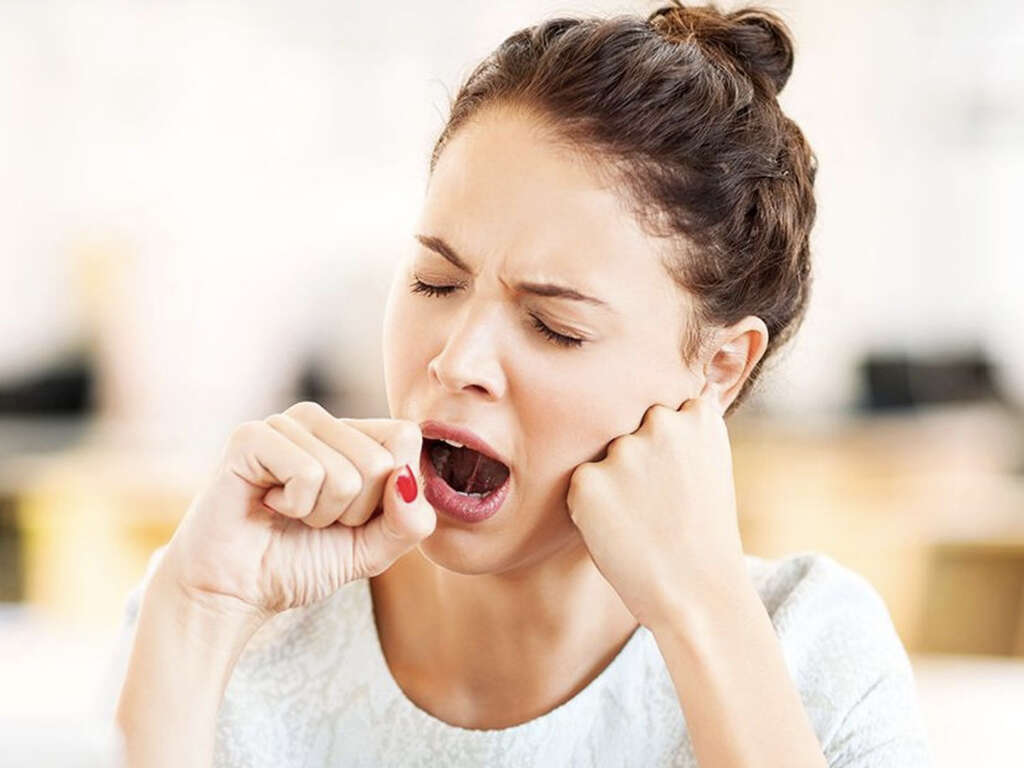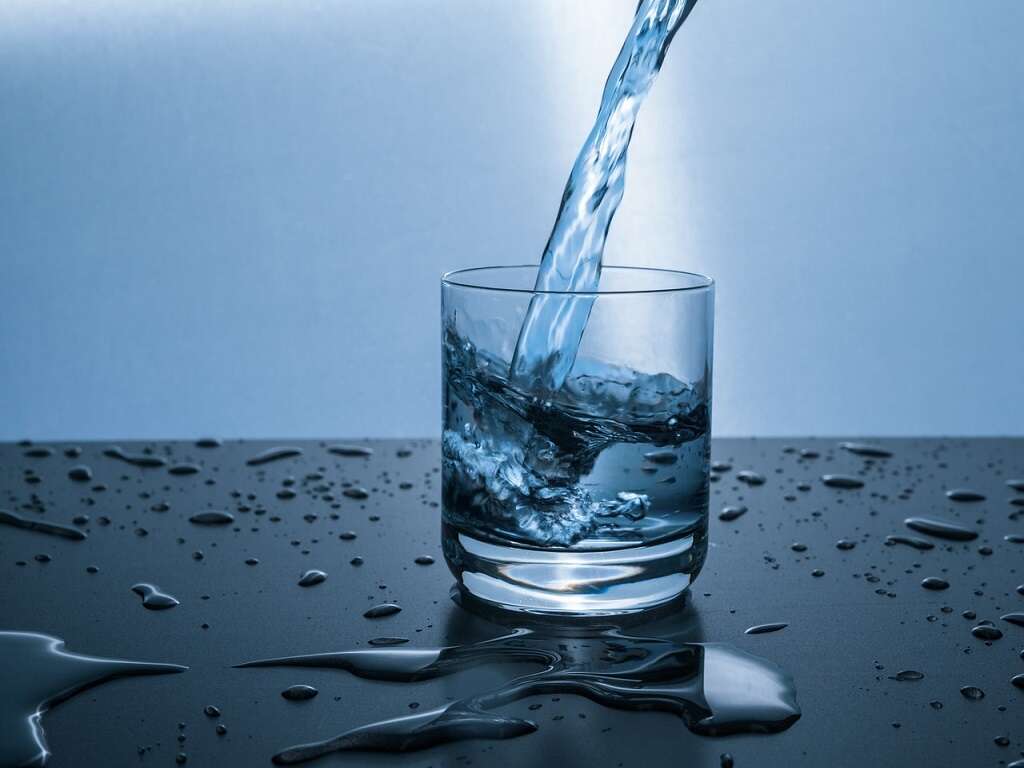10 Signs of Dehydration In Kids
Water is essential for us, we simply cannot live without it. It is also all around us, meaning that most of us have little difficulty getting the water that we need. When we start running low, we become thirsty to encourage us to take on more water.
Not everyone has easy access to water, though, and dehydration can occur. There are also conditions such as vomiting and diarrhea that can cause people to lose more water than they are taking on.
Dehydration can happen to everybody, including kids, and kids are particularly vulnerable to its effects. This article looks at 10 signs of dehydration in kids.
Sign Of Dehydration In Kids #1: Irritability
Kids can be very difficult to work with at times. They can become very irritable and, while it is often down to tiredness, it is often difficult to know just why they are behaving the way they are. It is often easy to put it down to the child simply being awkward, but it can also be a sign of dehydration.
It can be so easy to overlook the seriousness of the symptom, but you should definitely take notice if it continues. You should also take notice if the behavior is not characteristic for your child. If you are unsure then you should consider getting to see a doctor as soon as you can.
Sign Of Dehydration In Kids #2: Cold Extremities
Human beings are warm-blooded creatures. This means that we are able to generate our own body heat and we generate the heat from the food that we eat. This helps ensure that we are able to survive in a range of temperatures, provided they are not too extreme.
As such, you can expect our bodies to be warm to the touch. If they are not then it is a sign that something may be wrong, and that something could well be dehydration. The child’s skin will also often be dry to the touch when dehydrated. You should ensure the child has plenty of fluids, and also consider taking them to see a doctor.
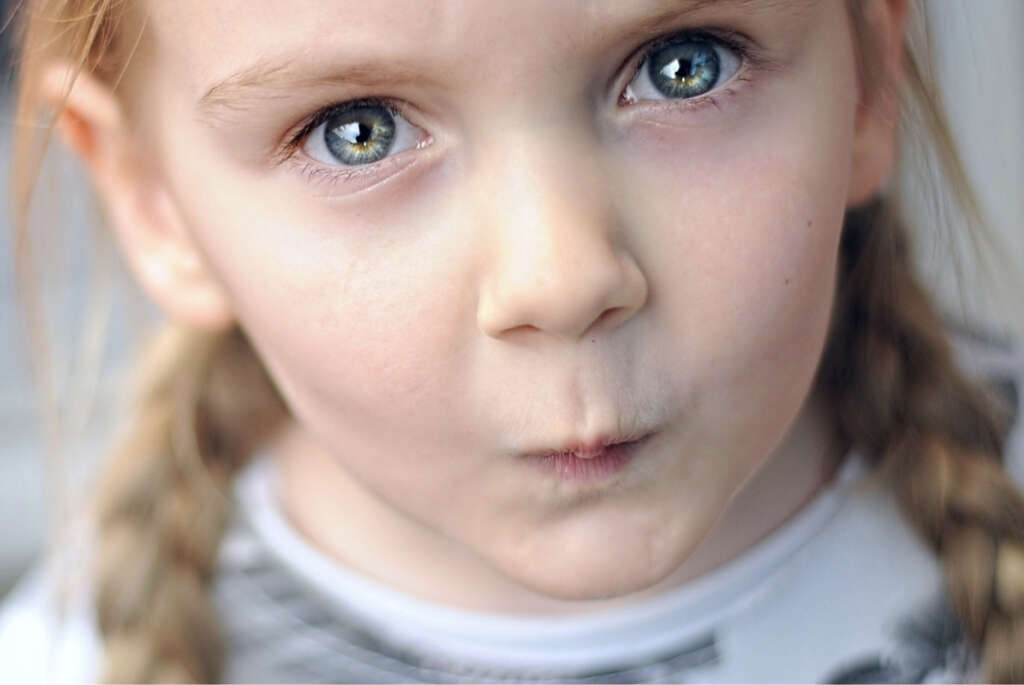
Sign Of Dehydration In Kids #3: Urinating Less Frequently
If your child is still wearing diapers, then it actually provides an opportunity for you to monitor their urination and defecation. It is far from pleasant, but it can be very useful and can give you early signs that all is not well. If their diapers are still dry when you would expect them to be wet, for example, it is a strong signal that your child is dehydrated.
It may not be so easy to notice if your child is no longer wearing diapers, but you should still investigate if you do notice that something is wrong. It is also something you should ask about if your child is showing other symptoms of being dehydrated.
Sign Of Dehydration In Kids #4: Dark Urine
Urine is usually yellowish in color, although it can vary from time to time. This information is actually quite useful because it can point to something being wrong if it is a different color than usual. It could be a sign that your child is unwell, and that can mean dehydration specifically.
If your child’s urine is darker than usual in color, then it could well be that they do not have enough fluids in their body. The darker color is a result of less water being passed out in the urine, causing the urine to be more highly concentrated. The urine could also have a stronger than usual aroma as a result.
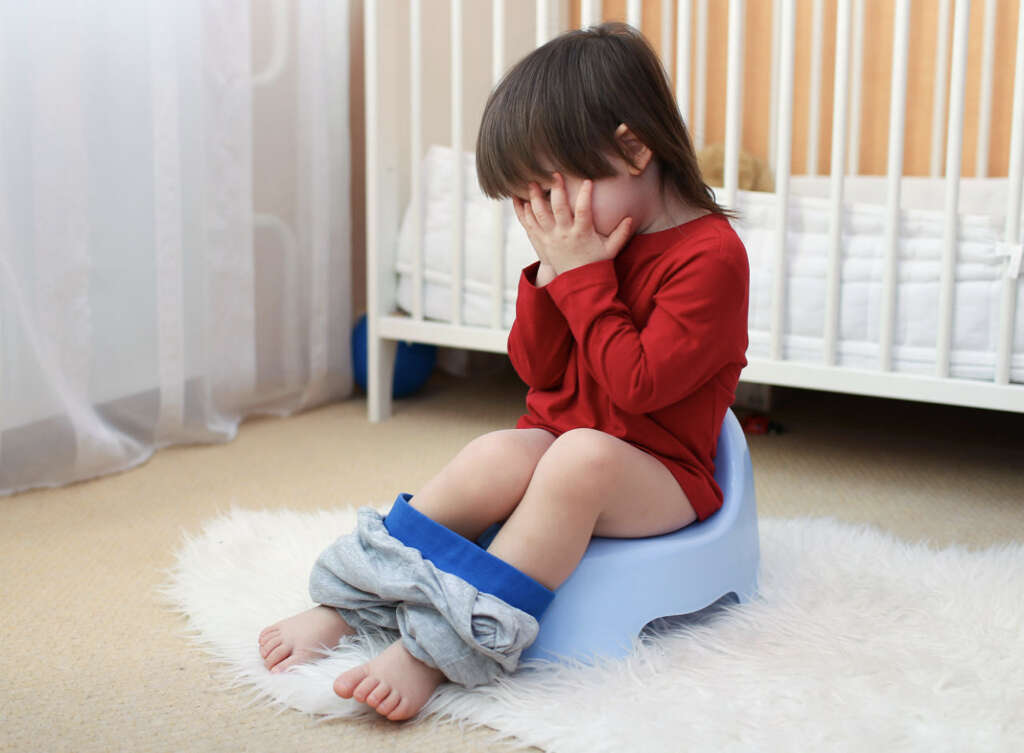
Sign Of Dehydration In Kids #5: No Tears
Pretty much any parent will be able to tell you that putting up with crying is a large part of parenting. Kids are prone to becoming upset when things don’t go their own way and, often, it is the only way they have of letting other people know that they need something. It can be frustrating, but it is also very important.
When children cry, they will also usually shed tears. If there are not enough fluids to be spared, however, then tears are less likely to appear. As such, if your child is crying but you notice that there are no tears, it is a sign that they could be dehydrated.
Sign Of Dehydration In Kids #6: Dry Mouth
Inside our mouths are tiny glands that release a liquid that we know as saliva. This liquid plays an important part of the digestion process as it helps us to soften our food before swallowing. It also helps to keep bacteria in the mouth to a minimum.
Some conditions, however, can cause our mouths to become dry. This can be uncomfortable and it can also lead to complications, including dry, cracked lips. There are various reasons why this can occur, and dehydration is one of them. If you do find that your child has dry lips then you should make sure they get fluids straightaway.

Sign Of Dehydration In Kids #7: Sunken Eyes
Our eyes are made from soft, delicate tissues that are easily damaged. This is not usually a problem, however, because they are also fairly well protected. Set back slightly into our skulls, our eyes have protection from the skull, and from the eyelids in front. Our brows and nose also help to keep our eyes out of harm’s way.
While it is natural for the eyes to be set back, there may be something wrong if they appear to be too sunken. A lack of fluids in the body can lead to a lack of pressure behind the eyes, causing them to sink backward. It is something that you should arrange to speak with a medical professional about.
Sign Of Dehydration In Kids #8: Sticky Mucus Membranes in Mouth
The insides of our mouths are usually very moist. This is thanks to the presence of saliva, which is secreted from glands that are found just beneath the tongue. If our mouths begin to dry out, then more saliva is released to help keep it moist all of the time.
In cases of dehydration, however, there is often not enough moisture to make saliva as liquid as it usually is. Instead, it can be a higher than usual concentration of various other chemicals, and this can be quite sticky. This causes the lining of the mouth and the tongue to also feel sticky.
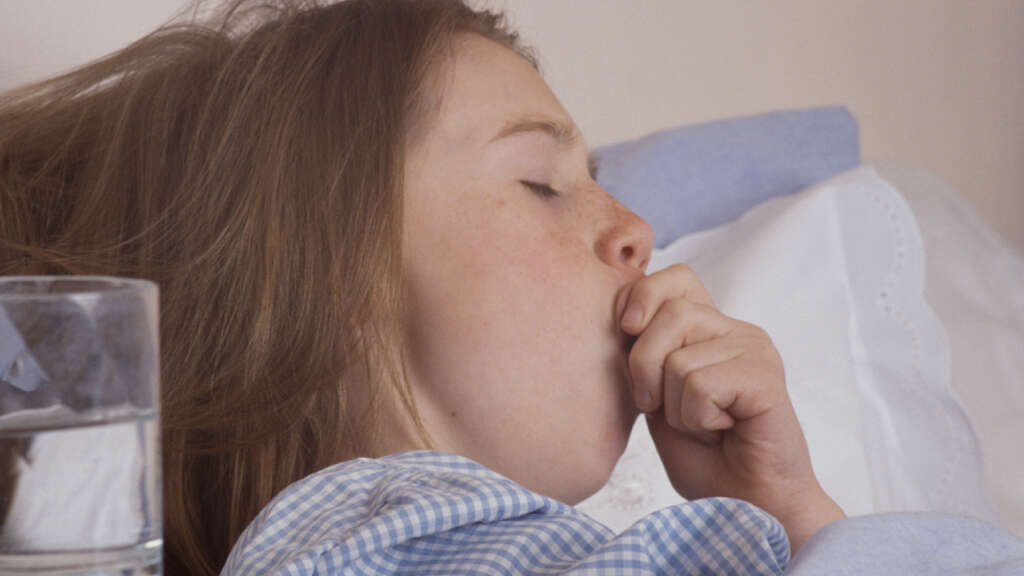
Sign Of Dehydration In Kids #9: Sunken Fontanelle
When women give birth naturally, the baby has to come out through a fairly narrow passage. The baby’s head is too large for this passage, though, and could cause considerable damage when coming out. To overcome this, the skull is made not of one complete piece, but of a number of bony plates.
The plates are attached with a flexible material, and this allows the shape of the skull to change as it passes through the birth canal. One of the softer segments is known as the fontanelle, and it is found at the top of the head. If there are not enough fluids in the body, then a lack of pressure can cause this to appear sunken into the skull.
Sign Of Dehydration In Kids #10: Lethargy
If anything, kids usually have too much energy for parents to handle. Every minute they are awake, they are likely to be on the go, unable to stay still for too long. This is a sign that they are healthy and well, though, and an absence of this energy is a sign that they are not.
If your child does appear to have no energy, then you should try and find out why. It is possible that they are just tired and that a nap might do the trick. If they are still lethargic after sleeping, though, then it could be down to a wide range of conditions, including dehydration.





